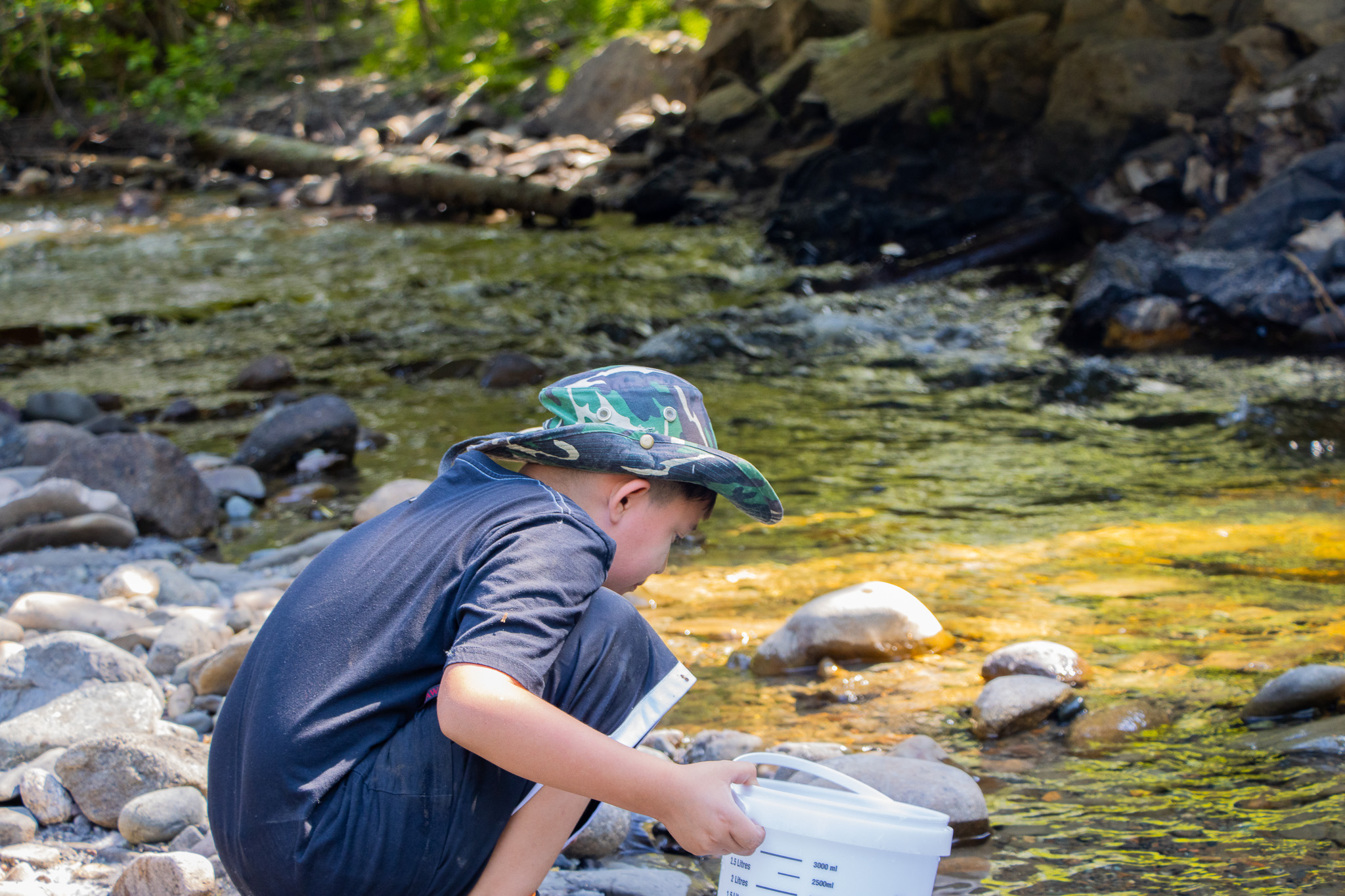Support strong Canadian climate journalism for 2025
A prominent Indigenous climate organizer has received a prestigious $4-million grant to build a network that will help bolster Indigenous people's influence in global climate policy.
On Tuesday, Eriel Deranger, who is a Dënesųłiné activist and a member of the Athabasca Chipewyan First Nation, was awarded an annual climate award by Climate Breakthrough, a coalition of climate-focussed philanthropic funders. The three-year funding will help Deranger build a global network of advocates determined to ensure Indigenous people have decision-making authority on climate and environmental issues.
The award is the world's largest grant dedicated to helping social leaders craft, launch and grow new initiatives that could drastically transform climate action. This is the first time it has been awarded to a project bolstering Indigenous rights.
"We need to start enacting our sovereignty. We need to start showing up in spaces and refusing to leave," Deranger explained. "This isn't about asking for permission from our oppressors to not be oppressed. It's about not being oppressed any longer and creating a global network that strengthens our capacities."
While Indigenous people are increasingly included in global climate negotiations and countries' policy-making, their inclusion is "tokenistic," she said. Governments – including in Canada – have long refused to give Indigenous communities sovereignty over their lands and environment, despite pledging to do so in treaties and other agreements.
"The point of this project is not to convince or to lobby governments," she said. "It's to convince and lobby Indigenous Peoples to enact their sovereignty, and drive their solutions forward without the permission of our colonizers. This is how we see change."
Faced with this inaction, Indigenous people are increasingly asserting their rights on their lands, regardless of whether they have support from national governments or not. One example of many are recent efforts to restore wild salmon by a coalition of First Nations whose territories lie along B.C.'s Fraser River watershed. They initiated restoration after years of federal salmon mismanagement.
About half of the planet is occupied by Indigenous people and communities, and their stewardship is associated with higher carbon sequestration and biodiversity. Bolstering Indigenous power over their lands is critical to ensuring these benefits remain – including as the planet transitions away from fossil fuels. Creating carbon markets from forests and other ecosystems, mining for critical minerals, and expanding renewable energy generation could all harm Indigenous People's rights if developed without their say, she said.
But these local efforts, while critical, aren't enough to generate the widespread cultural, social, economic and political shifts needed to fight climate change and social injustice simultaneously, Deranger explained.
"There are plenty of efforts globally that are working to get Indigenous Peoples to get better at speaking colonial languages, to show up in colonial spaces and demand recognition, and it hasn't substantively changed anything in a real, meaningful way" she said.
"If that's not working, then let's try something different….And I think if we're lucky, we're going to see something fundamentally different."






Comments